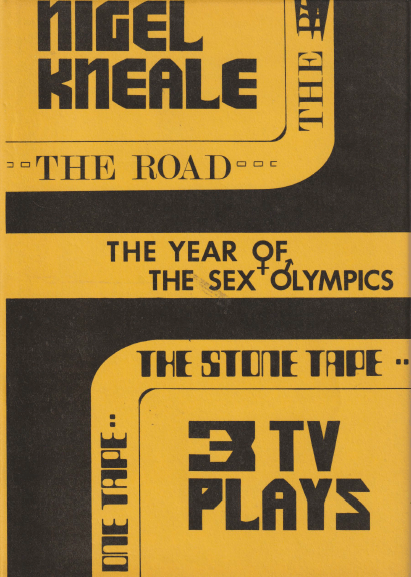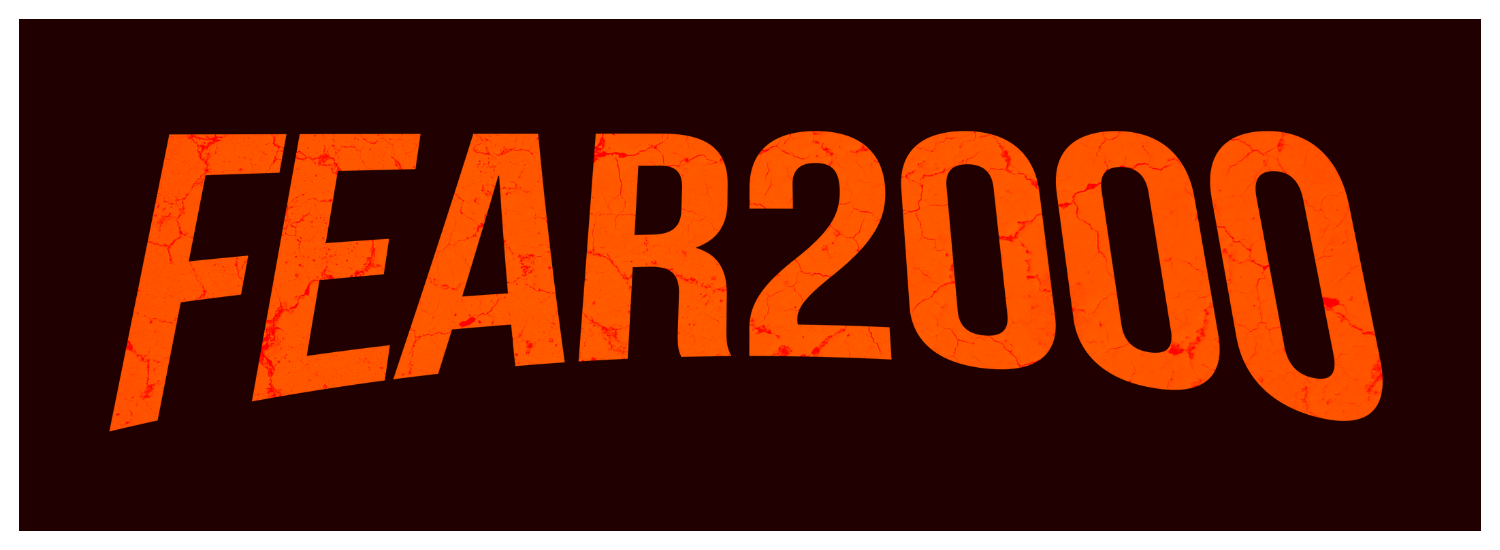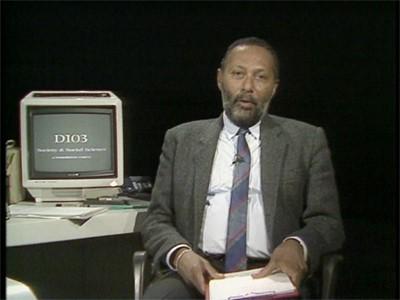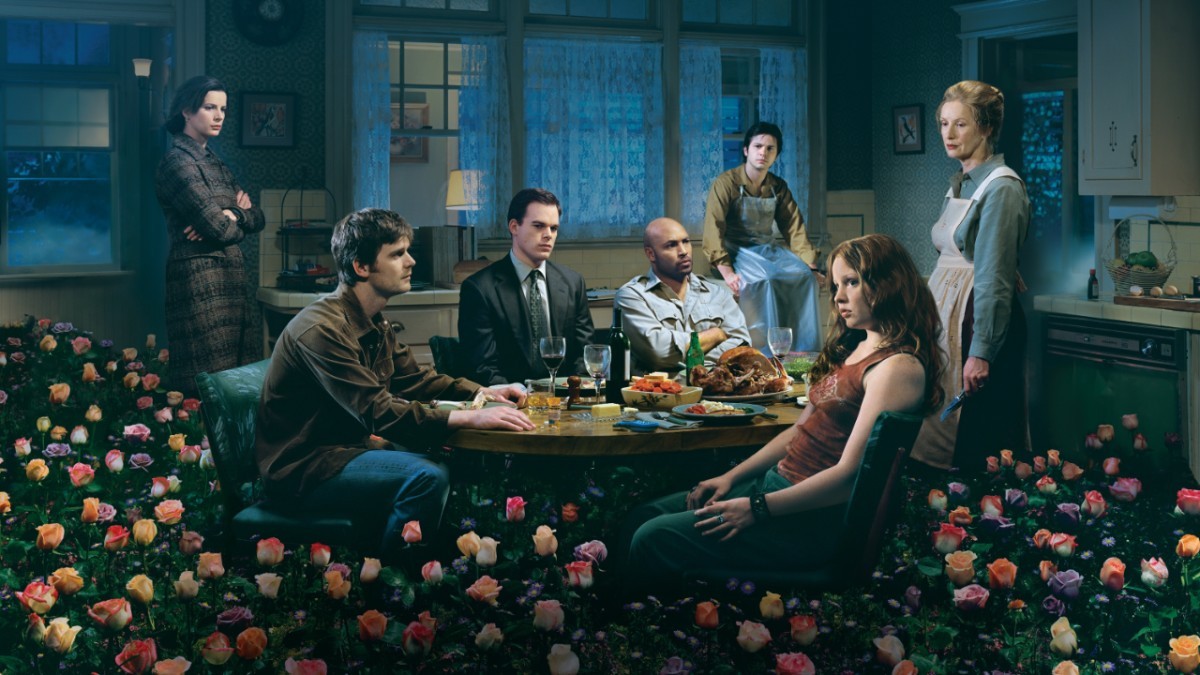
28 April 2022 will mark the centenary of the birth of Nigel Kneale – or more properly Thomas Nigel Kneale – a Manx-born writer whose works loom large in my own areas of interest and also across various genres of British television as a whole.

28 April 2022 will mark the centenary of the birth of Nigel Kneale – or more properly Thomas Nigel Kneale – a Manx-born writer whose works loom large in my own areas of interest and also across various genres of British television as a whole.

The Netflix series Formula 1: Drive to Survive (2018-) just entered its fourth season.

Like many of you (I’m guessing), I have spent much of my HE career teaching the theory elements on practice or production-focused degree programmes. The theory/practice line (and yes, it’s tempting to type ‘division’) can be a challenging one to negotiate, not least in terms of helping students understand how what I do relates to my industry colleagues’ work.

We invite proposals for 20-minute papers and 80-minute panels to be presented at the sixth Fear 2000 conference, Fear 2000: Horror Undying . Hosted by staff and postgraduate students in the Centre for Culture, Media and Society and the Department of Media Arts and Communication at Sheffield Hallam University, this online conference will explore connections between twenty-first century horror and the genre’s history.

In his book Animals on Television (2017), Brett Mills states that “representations of animals often function to highlight cultural understandings about what it is to be human.” Nonhuman animals have been unwilling objects of the human gaze: humans have been exploiting animals (real and imagined) on the basis, and the attendant continued perpetuation, of self-assigned human superiority and centrality.

Application period is extended for the 2022 CNRS Thematic School “Moral and Social Issues in Television Series,” organized by the ISJPS (UMR 8103 CNRS/Paris 1 Panthéon-Sorbonne), with the support of the ERC DEMOSERIES and in partnership with the Institut ACTE (EA 7539/Paris 1 Panthéon-Sorbonne), La Fémis, and the University Gustave Eiffel.

Please note there is the option to present in person or virtually. The International Vampire Film and Arts Festival and University of South Wales present The 6 th Vampire Academic Conference ‘Vampires Through the Ages’ 15 th -17 th June 2022, Insole Court Mansion, Cardiff, Wales.

Some of you may have seen the announcement of an issue of Open Philosophy (2022; 5:1) which is devoted to a ‘Topical issue: Ethics and Politics of TV Series’ or, as the editorial explains, ‘Taking TV Series Seriously’. The editorial, which is somewhat breath-taking, can be found here.

On a Good Day… there’s a knock at the door and it’s the postal operative with a ‘Do Not Bend’ envelope that they don’t want to bend and you open it up and inside you see this… Fig 1: Adam Adamant Lives! (2|entertain: 2006) … and you are so relieved because you were so worried about what 2|entertain were going to do to the viewing notes you’d written for their DVD release of Adam Adamant Lives! (1966-1967). The series – a

Oh jings, is it that time again? Already? For the semi-regular look into the lives, laughs and lunacy of my lot? Yes, it is. So, what do you need to know? Well, MDBJ got a new rug for the living room. The children, quoth she, are to be banned from going near it, looking at it, thinking about it in general and that is that! They will destroy it inadvertently and my life will be ruined again. No, don’t mention the couch!

We are seeking proposals for an edited collection tentatively titled Television Comedy & Cultural Crisis. Chapters should focus on a specific television series, and address how that series engages with the discourse of a particular cultural crisis through comedy.